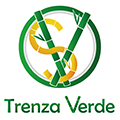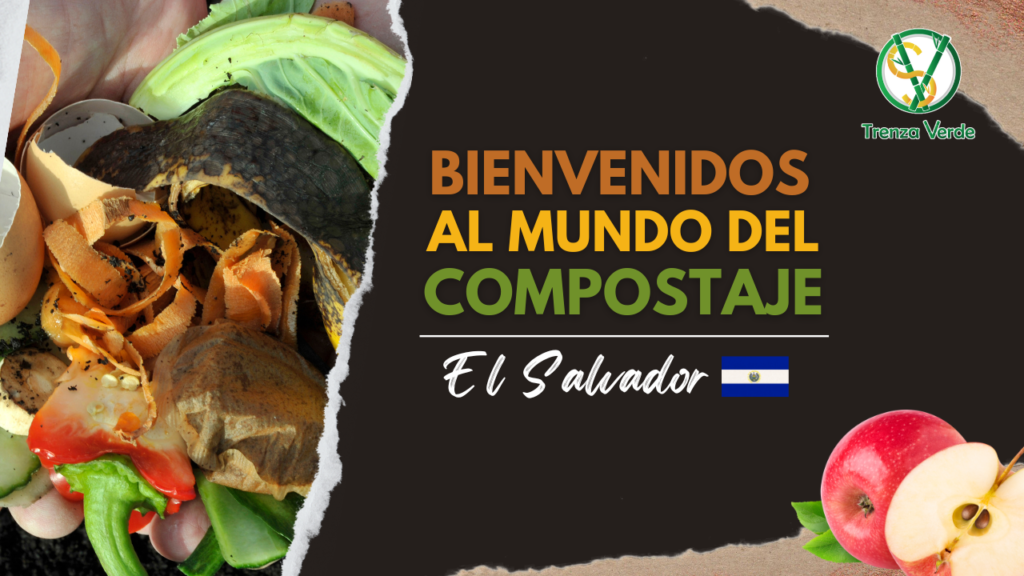Composting is one of the key practices for reducing and recovering organic waste, and it’s something we should all adopt in our homes and communities.
In Latin America and the Caribbean, organic waste accounts for an average of 50% of municipal solid waste. This highlights the urgent need to strengthen and implement public policies that prioritize reducing and utilizing waste. It is estimated that composting can cut in half the amount of waste sent to landfills in urban areas. This practice is not only ideal for optimizing the use of final disposal sites, but also serves as a direct measure to reduce climate change. Landfills and dumpsites are the third-largest global source of methane emissions, a potent greenhouse gas.
Organic solid waste contains high levels of carbon and nitrogen. Turning it into compost or vermicompost and applying it to the soil helps mitigate climate change by promoting carbon sequestration in the soil, enhancing plant growth, and enabling the gradual release of carbon. It also reduces nitrous oxide emissions and decreases the need for chemical fertilizers.
Additional benefits include increased fertilization efficiency, the breakdown of pesticide residues, the control of harmful fungi and bacteria that cause infectious diseases, and improvements in soil moisture, permeability, and aeration.
But what is compost?
It is considered an organic formula obtained through the aerobic and thermophilic biological treatment of organic waste that has been separately collected. In simpler terms, compost is a type of fertilizer produced through a biological process designed to stabilize and sanitize organic waste. This process can also be carried out using worms, and in that case, it’s called vermicomposting, worm composting, or worm humus.
There is a waste hierarchy for reducing and recycling food scraps and other organic waste.
Try to learn it so you can help reduce the impact of your waste and that of your community.
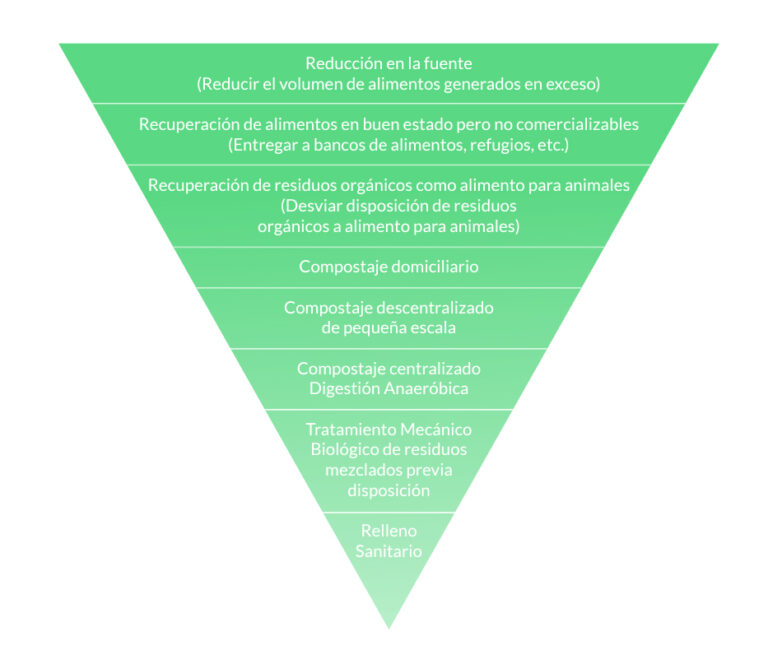
At the Latin American level, there is already a coalition called GAIA that brings together 130 organizations across Latin America and the Caribbean. Their goal is to develop strategies and programs to achieve zero waste. We wanted to share an example of a successful composting project in the Cucastlán region of El Salvador, in hopes of inspiring you to start something similar in your own community.
This story dates back to the mid-1990s, when the Municipality of Suchitoto (El Salvador) requested technical support from the organization CESTA–Friends of the Earth El Salvador to design and implement a waste management program in the urban area. The focus was on recovering organic waste. In 1997, the separation of solid waste began in the urban zone, dividing it into organic, inorganic, plastic, and glass materials — and the system remains in place to this day. According to the municipality, 80% of the urban population separates their waste, and 52% of the collected waste is transformed into compost.
All waste is taken to a municipal property, which houses both a sanitary landfill and a composting plant.
The composting facility covers approximately half a hectare, with both open-air and covered areas.
The separated organic waste is composted there using aerated windrow composting in open air.
Two people work at the site, equipped with a mechanical shovel for turning the piles and basic tools like shovels, rakes, and hoses.
Each year, between 80 and 100 tons of compost are produced. The compost is packaged — some of it is sold to the public, and some is donated to schools and communities with home garden projects. In total, approximately 35 municipal employees dedicate part of their time to the integrated solid waste management program. This includes environmental promoters, the truck driver and assistants, and street cleaning personnel.
The municipality invests approximately $1,500 USD per year in the organic waste management program, fully funded by municipal resources.

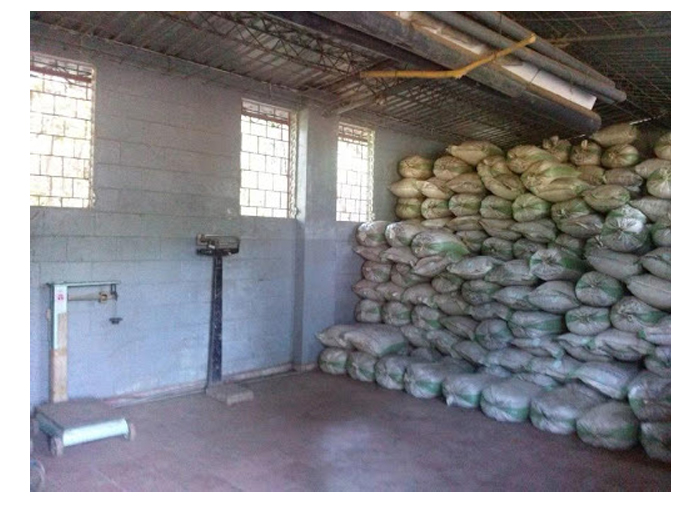
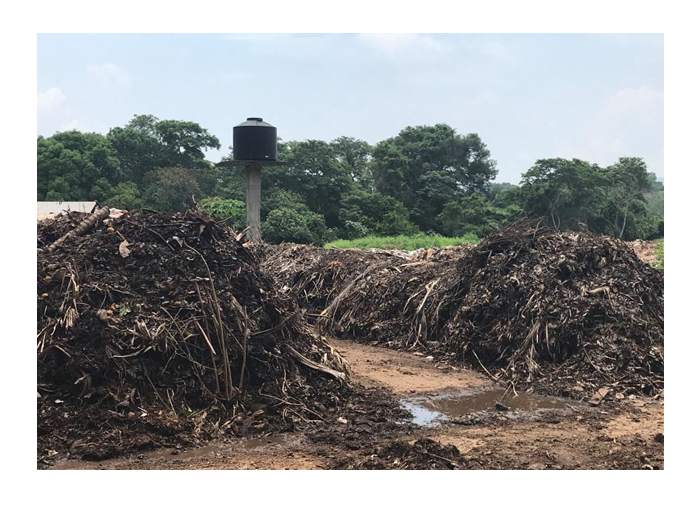
If you want to learn all the details about the project, we invite you to read the full document:
“Zero Waste Case Study Series – Latin America and the Caribbean: Composting.”
Organic Waste Reduction and Recovery: Composting – The Experiences of Suchitoto and Carhuaz.
Available as a PDF on the website.
